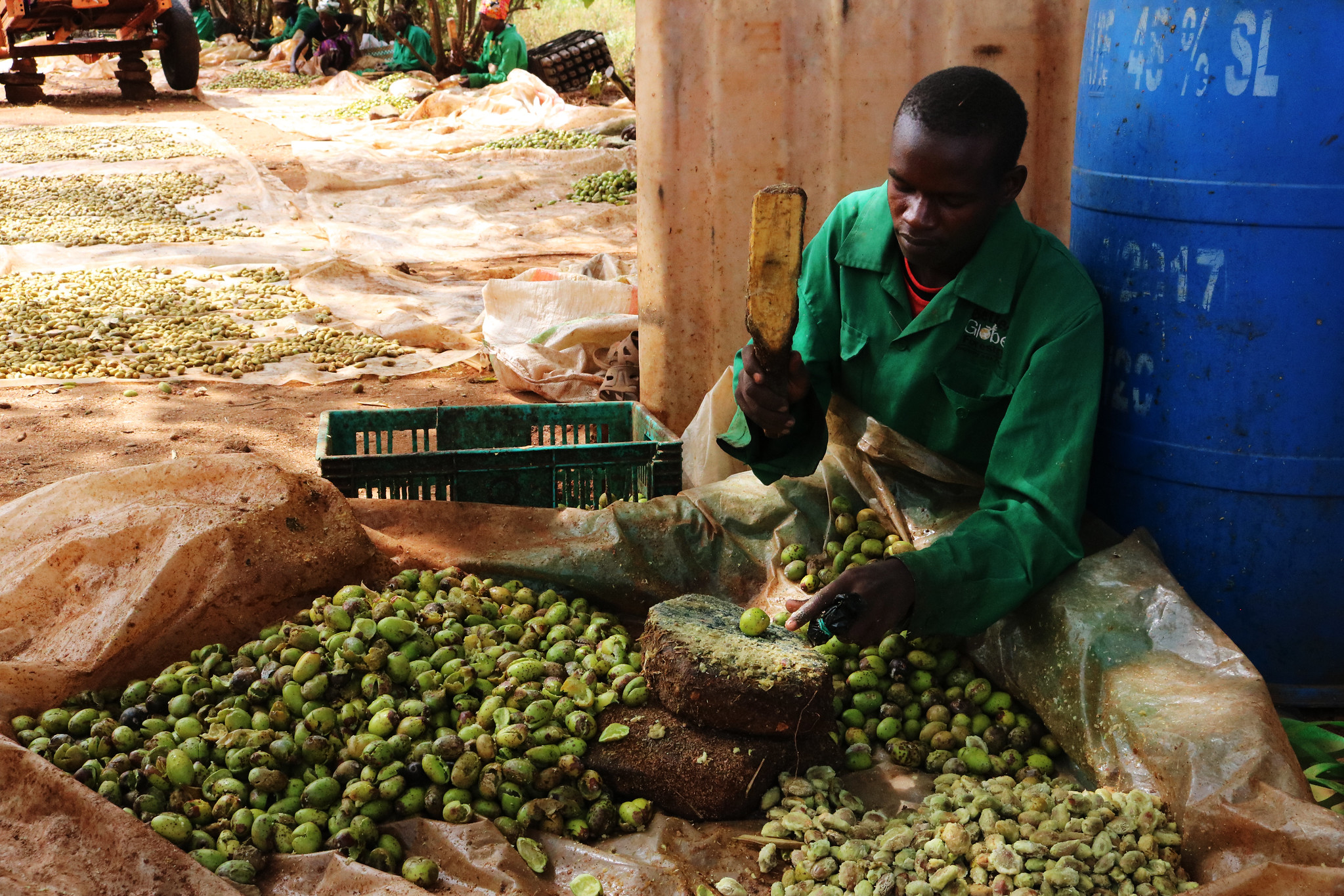Conditional Unemployment Insurance to Incentivize Rural-Urban Migration

Day laborer preparing seeds in Kenya. Credit: Photo by Andrew Wu, World Resources Institute via Flickr
Study Context
Migration from rural to urban areas is a promising mechanism to contribute to a country’s overall economic growth and to improve the lives of the rural poor. Migrants can benefit from higher income and access to services while also improving the lives of their families through remittances. Despite these potential gains, large proportions of the rural population do not migrate to urban areas, remaining engaged in subsistence farming.
Previous experimental evidence has shown that removing some migration barriers, like transportation costs, lack of information, and inadequate rural property rights increases migration and has a direct benefit to the movers (Bryan et al. 2014, Baseler 2021, De Janvry et al. 2015). In the summer of 2022, Gwyneth went to Kenya (using funding from a Development Economic Challenge travel grant) to conduct focus groups aimed at better understanding the experience and preferences of young, rurally-based adults. During these focus groups, she learned that many individuals cite job insecurity and high cost of urban living as reasons for returning to their village after migrating to an urban area. Migrants don’t move to cities until they are confident they will have a job. However, the type of jobs they can secure from afar are often temporary. As such, it was not the up-front cost of migration that presented the most significant barrier but rather the difficulties of taking the time needed to build a strong network and find good employment.
These findings point to the possible utility of an unemployment insurance program for migrants from rural areas to limit the inefficient cycle of returning to home villages when between jobs and to support migrants as they become permanent residents of cities.
Study Design
In this study, 130 villages in Western Kenya were chosen as part of the sample. 12 males between the ages of 18-30 in 50% of the villages will be presented with the option to receive 15 days of unemployment support ($4 USD/day) should they choose to move to Nairobi. This can be used to subsidize living costs during the initial job search as well as to cover living costs while between jobs in Nairobi. This program will be accompanied by in-depth phone surveys conducted over 6 months to understand the employment and migration behaviors of participants.
Further CEGA funding, provided in Spring 2024, will cover the costs of a 1-year follow-up phone survey. This survey will allow researchers to understand whether the program helped migrants settle more permanently in Nairobi and whether these migrants are now better off, compared to the other participant groups.
Results and Policy Lessons
Results forthcoming.

